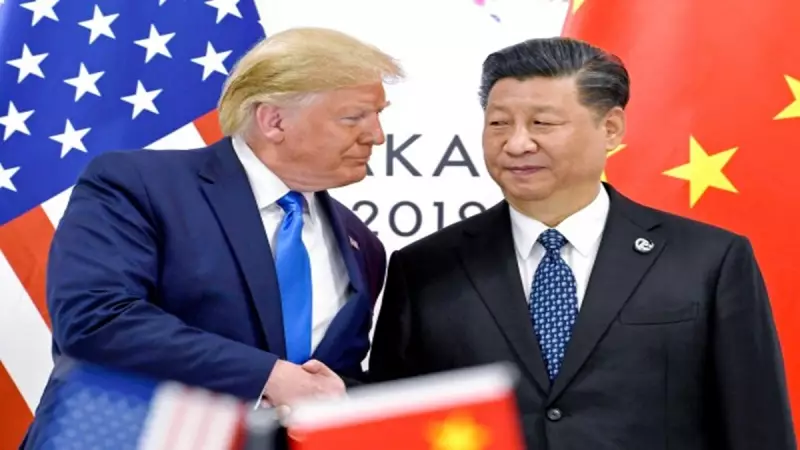
In a significant diplomatic breakthrough that could reshape global economic dynamics, the United States and China have reached a fundamental consensus on a trade deal, effectively taking the threat of 100% tariffs off the negotiation table.
Trade War Thaw Ahead of High-Stakes Summit
The development comes just ahead of the highly anticipated meeting between former President Donald Trump and Chinese President Xi Jinping, setting the stage for what could be the most substantial de-escalation of trade tensions between the world's two largest economies in recent years.
Key areas of agreement have been established across multiple critical sectors, marking a dramatic shift from the tariff threats that had previously dominated bilateral discussions. The consensus represents months of behind-the-scenes negotiations between economic teams from both nations.
Market Access and Economic Reforms Take Center Stage
According to sources familiar with the negotiations, the preliminary agreement addresses several longstanding points of contention:
- Enhanced market access for American companies operating in China
- Intellectual property protections that have been a major concern for US businesses
- Agricultural trade provisions benefiting American farmers
- Technology transfer policies that align with international trade norms
The removal of the 100% tariff threat signals a pragmatic approach from both sides, recognizing the mutual economic damage that such extreme measures would inflict on their respective economies and global supply chains.
Strategic Implications for Global Economy
This development carries significant weight for international markets and global economic stability. The US-China trade relationship affects everything from consumer prices to manufacturing costs worldwide, making this consensus particularly important for emerging economies like India that are deeply integrated in global supply chains.
Financial markets are expected to respond positively to the news, as investors have long been concerned about the potential escalation of trade restrictions between the economic superpowers.
The upcoming Trump-Xi meeting now takes on renewed importance, with both leaders having a solid foundation to build upon rather than starting from contentious positions. This consensus provides political cover for both administrations to claim victory in addressing their core concerns without resorting to economically damaging tariff wars.
As the world watches closely, this trade détente could mark the beginning of a new chapter in US-China economic relations, with implications that will reverberate across international diplomacy and global commerce for years to come.





